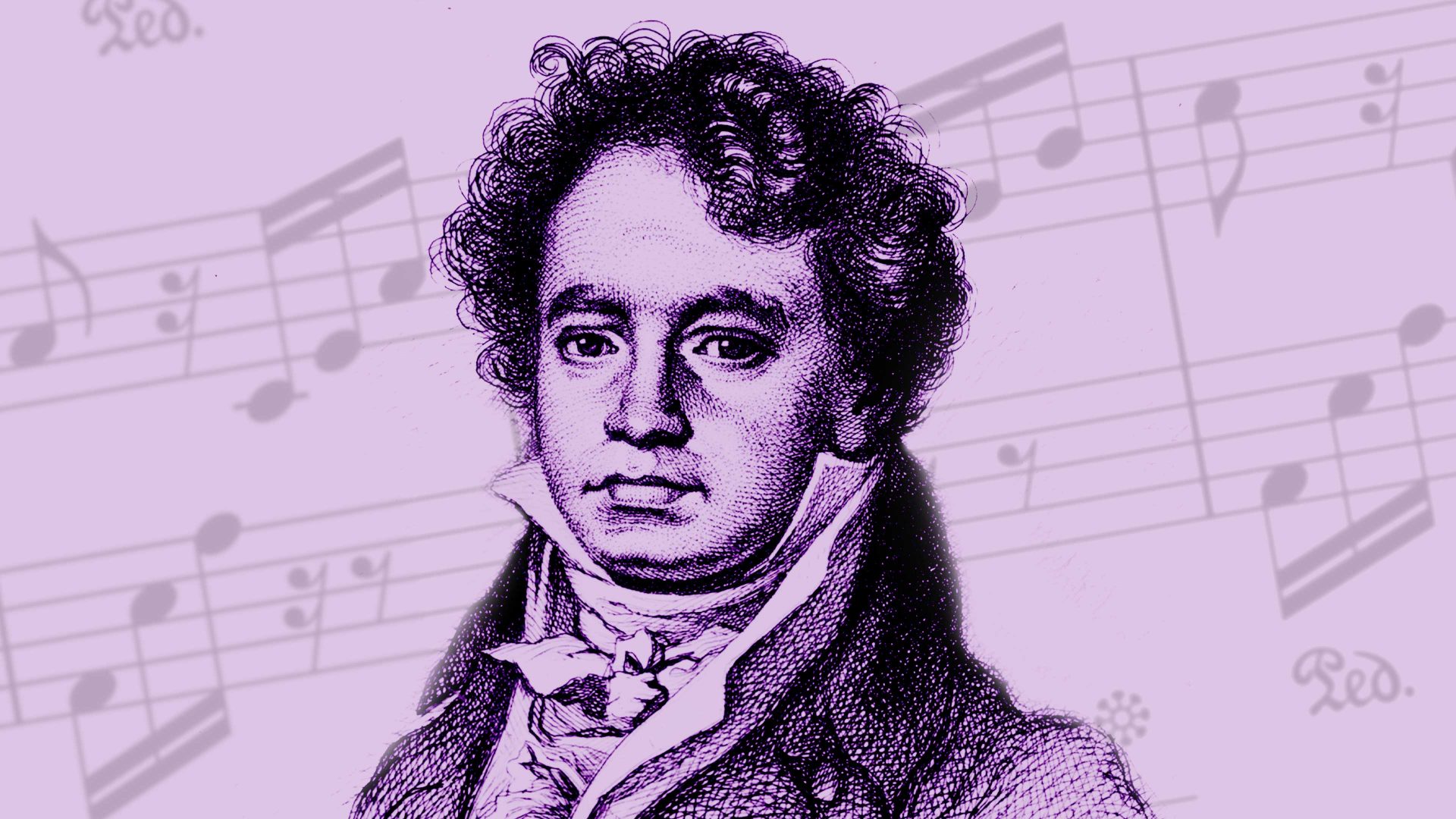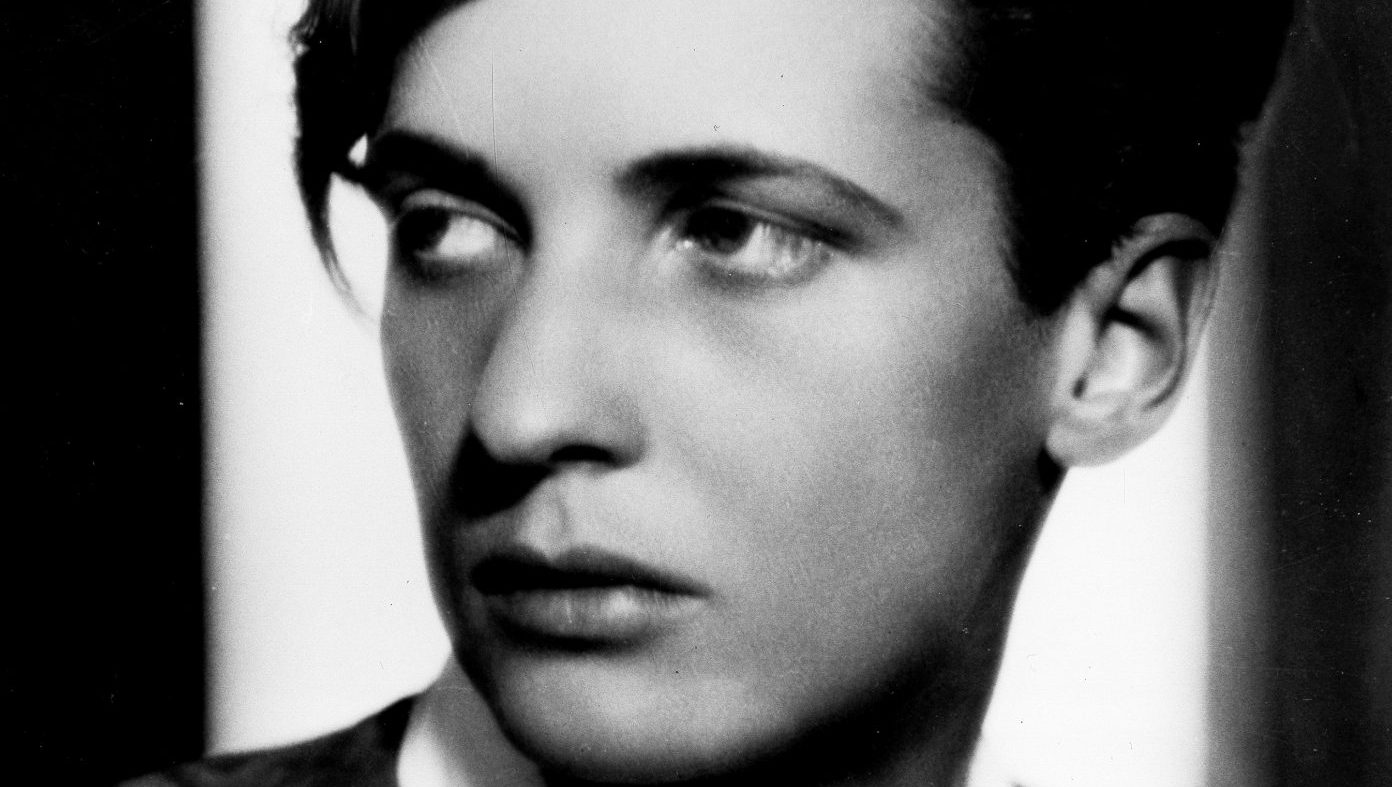Every now and then you can come across discussions, more often than not rather fatuous, as to whether or not there are or have been any famous Belgians.
The answer is rather obviously, “yes, of course there are”, even if Belgium as such has been in existence as a nation only since 1831.
Names of famous Belgians which tend to be suggested generally include people such as Audrey Hepburn, the world-renowned polyglot actress of aristocratic Dutch, British, German and Austrian origin who was particularly well known for her roles in the films Charade and Breakfast at Tiffany’s; Eddie Merckx, the Flemish cyclist who won the Tour de France five times; Georges Simenon, the francophone novelist who was especially famous for his fictional detective Jules Maigret; the surrealist artist René Magritte (1896-1967); and the most revered of all the Flemish Baroque artists, Peter Paul Rubens (1577-1640).
These people were all born in what is now the Kingdom of Belgium – or already was in the case of Magritte and Hepburn – except for Rubens, whose parents came from the now Belgian city of Antwerp, although he himself was born in Germany and did not move back to Antwerp until he was about 12.
But one name which never comes up in this discussion is Beethoven. Ludwig van Beethoven is generally and very reasonably thought of as being German – he was, after all, born in Bonn, the former capital of the Federal Republic of Germany (West Germany, as we used to say) – although his strong connections to Vienna, and the many decades he spent living and working in that city, not infrequently lead to him erroneously being thought of as Austrian, like Mozart and Haydn.
However, Beethoven’s ancestry is not 100% German. One main clue as to his true heritage comes from the fact that his full surname is not von Beethoven, as could have been be the case if he was German, but van Beethoven.
Von is the German word for “from”; van is the corresponding word in Dutch. For instance, Vincent van Gogh, who was Dutch, was so called because an ancestor of his came from a place called Goch which, ironically, is actually a town just inside the territory of modern Germany, near the Dutch border.
The van in Beethoven’s name is due to the Dutch or Flemish origins of one of his grandfathers who came from Mechelen, which is now a Dutch-speaking Belgian town of about 87,000 inhabitants located between Brussels and Antwerp.
Ludwig seems to have inherited his very considerable musical talent from this grandfather, Lodewijk, who was born in 1712. As a young boy, Lodewijk had a very good voice and sang in the choir of the Cathedral of Saint Rumbold in Mechelen (the not very widely known English name of the town is Mechlin).
Lodewijk later relocated to Luik (which is called Liège in French, and Lüttich in German – people driving through Belgium have to keep their linguistic wits about them!) – where he was employed in the choir of the Cathedral of Saint Lambert (Sint-Lambrecht was the Bishop of Maastricht from about 1670 until his death).
At the age of 21, Lodewijk moved to Bonn in Germany, where his world-famous genius of a grandson, Ludwig, was born in 1770.
Bettenhoven
It is thought that the family name Beethoven came originally from what is now the small central Belgian village of Bettenhoven, whose name literally means “beet farms”. This village, which is very close to the modern French-Dutch language frontier that runs though the centre of Belgium, is called Bettincourt in French.




